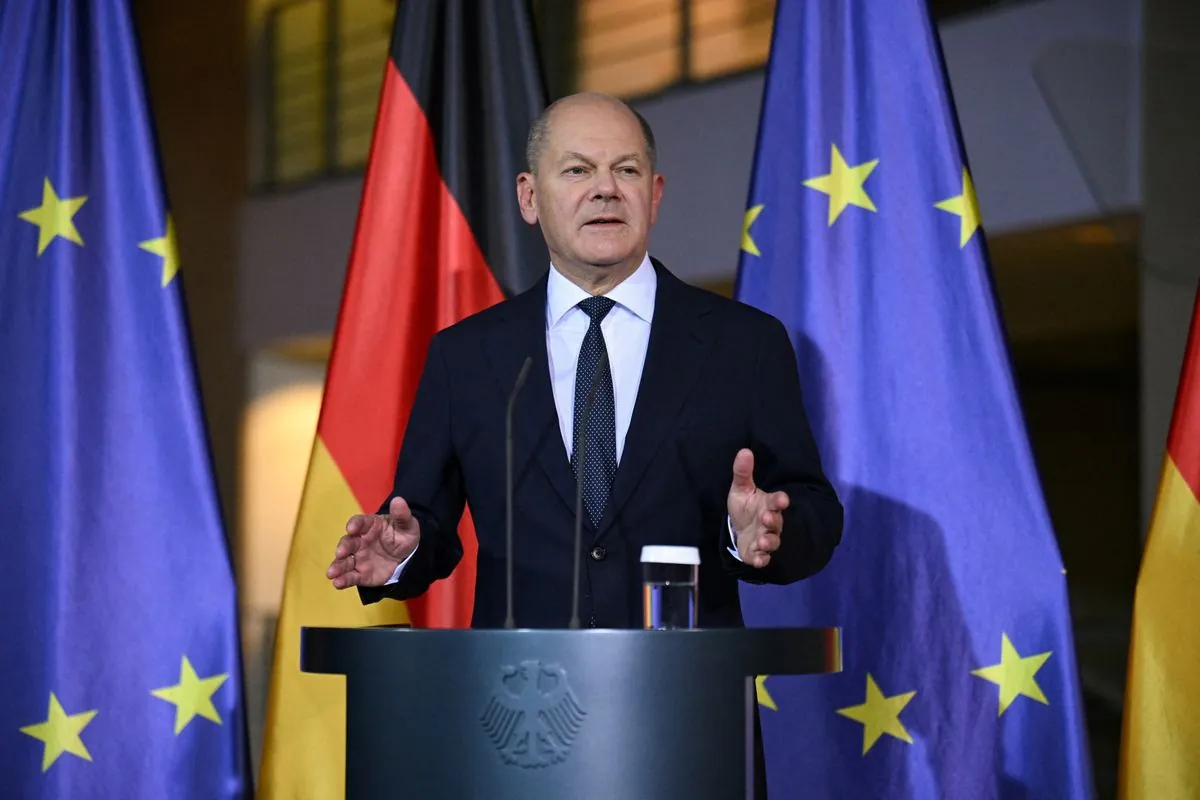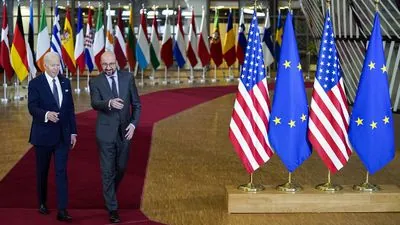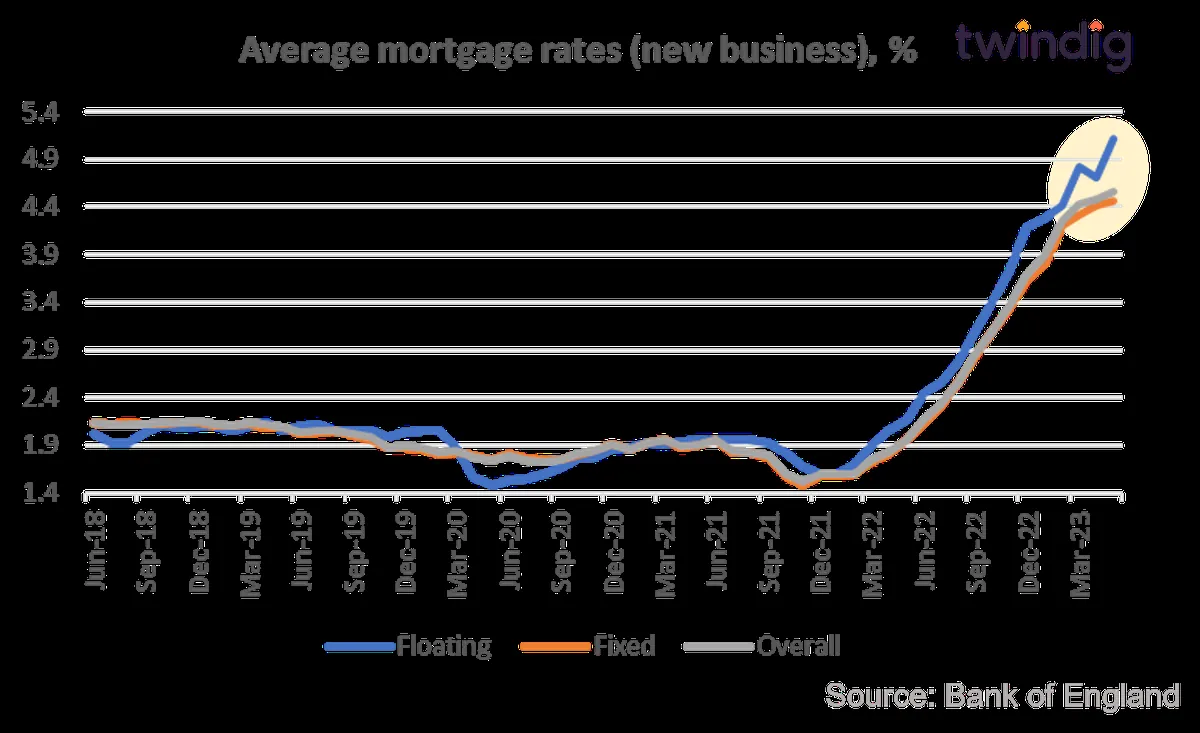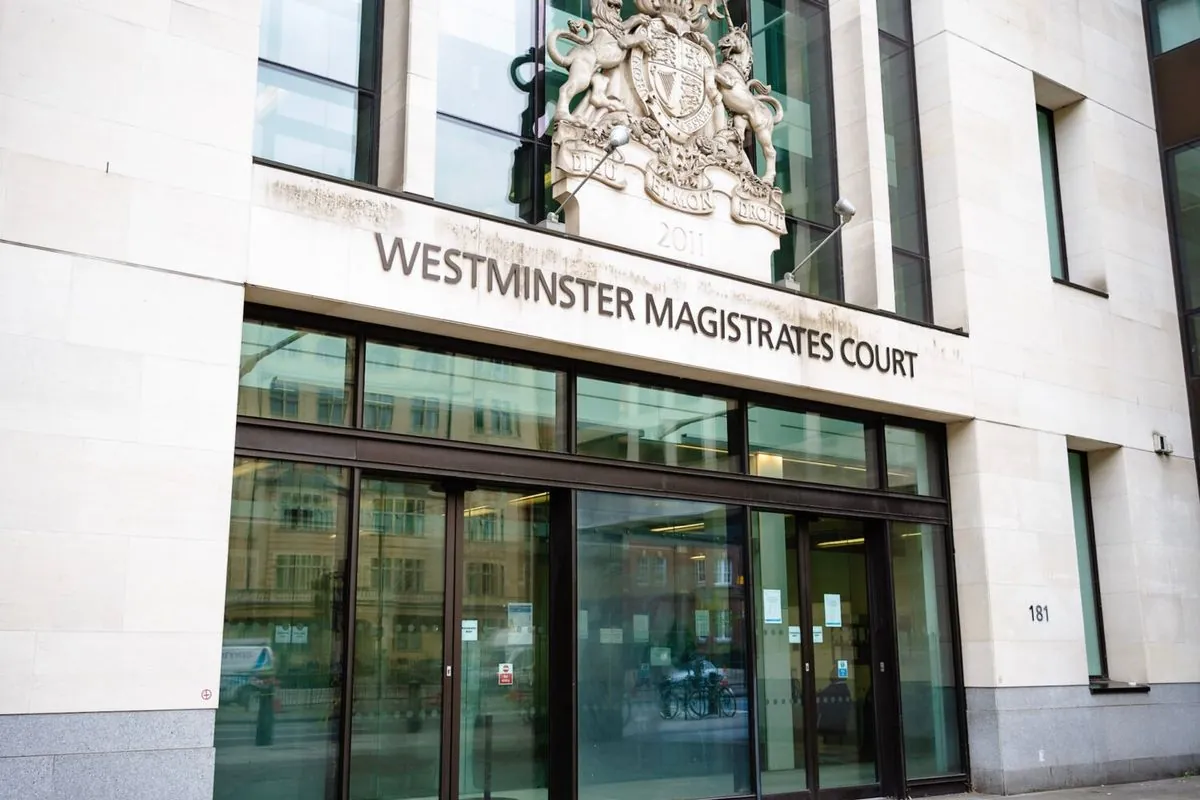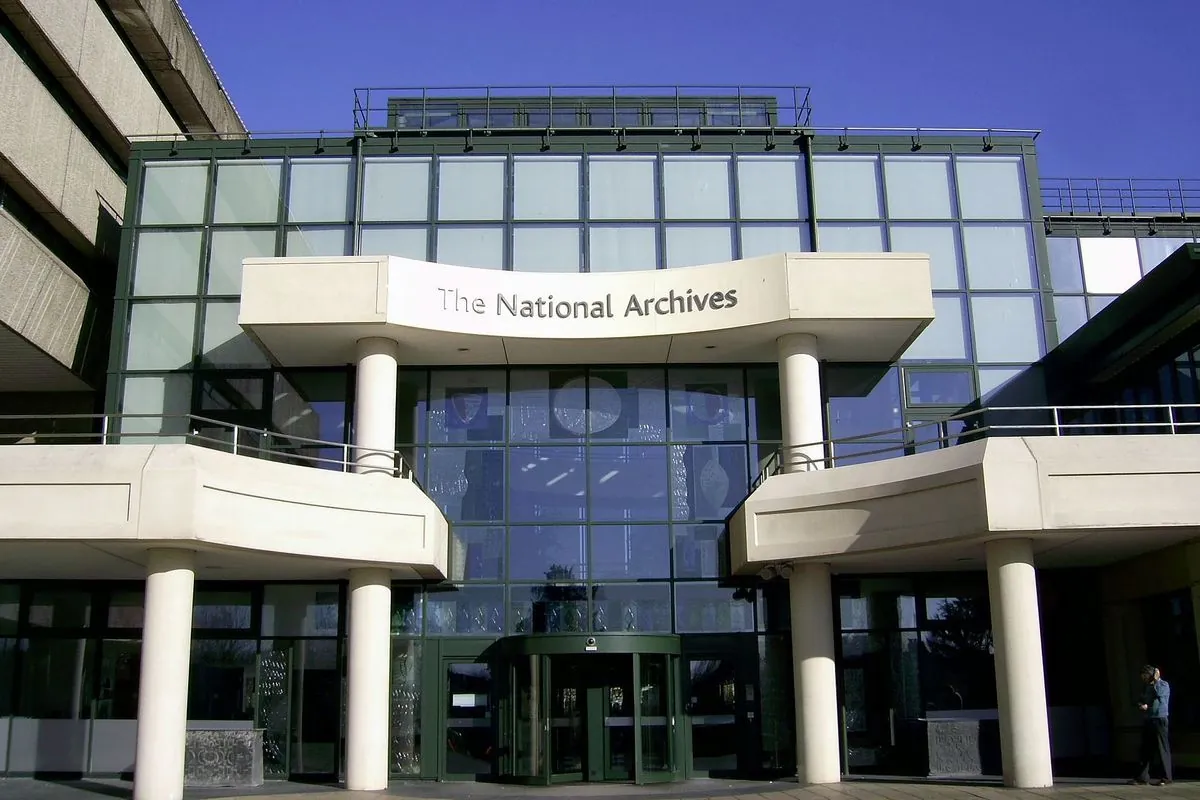European Court of Human Rights
The European Court of Human Rights (ECtHR), also known as the Strasbourg Court, is an international court of the Council of Europe which interprets the European Convention on Human Rights (ECHR). The court hears applications alleging that a contracting state has breached one or more of the human rights enumerated in the convention or its optional protocols to which a member state is a party. The court is based in Strasbourg, France.
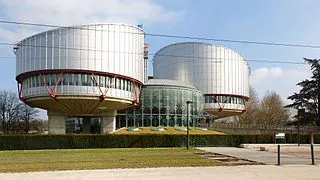
Some of the key events about European Court of Human Rights
- 1959The European Court of Human Rights was officially established
- 1959Delayed implementation of its jurisdiction, limiting access to justice for individuals
- 1975The Court ruled that corporal punishment in schools violated human rights
- 1975Ruled against decriminalizing homosexuality in Northern Ireland, upholding discriminatory laws
- 1978Failed to find a violation in a case of corporal punishment in schools, allowing the practice to continue
- 1981The Court declared that criminalizing homosexual acts between consenting adults violated the right to privacy
- 1981Dismissed a case challenging the UK's ban on trade unions at GCHQ, limiting workers' rights
- 1986Ruled that the UK's interception of communications did not violate privacy rights, setting a concerning precedent
- 1989The Court ruled that the UK's blanket ban on prisoners voting was unlawful
- 1995The Court held that freedom of expression protects offensive and shocking speech
- 1998Decided that the UK's "shoot to kill" policy in Northern Ireland did not violate the right to life
- 2001Ruled that the UK's detention of suspected terrorists without trial was lawful, raising human rights concerns
- 2002The Court ruled that the UK's blanket ban on transgender people changing their legal gender violated human rights
- 2005The Court ruled that Turkey's headscarf ban in universities violated religious freedom
- 2005Allowed Turkey to maintain its ban on Islamic headscarves in universities, limiting religious freedom
- 2007Failed to find a violation in a case of extraordinary rendition, tacitly permitting the practice
- 2010The Court ruled that the display of crucifixes in Italian classrooms did not violate religious freedom
- 2011Ruled that crucifixes could remain in Italian classrooms, potentially compromising secular education
- 2014The Court ruled that mass surveillance programs violate the right to privacy
- 2020The Court ruled that climate change impacts human rights and governments have a duty to combat it
Disclaimer: This material is written based on information taken from open sources, including Wikipedia, news media, podcasts, and other public sources.
European Court of Human Rights Latest news
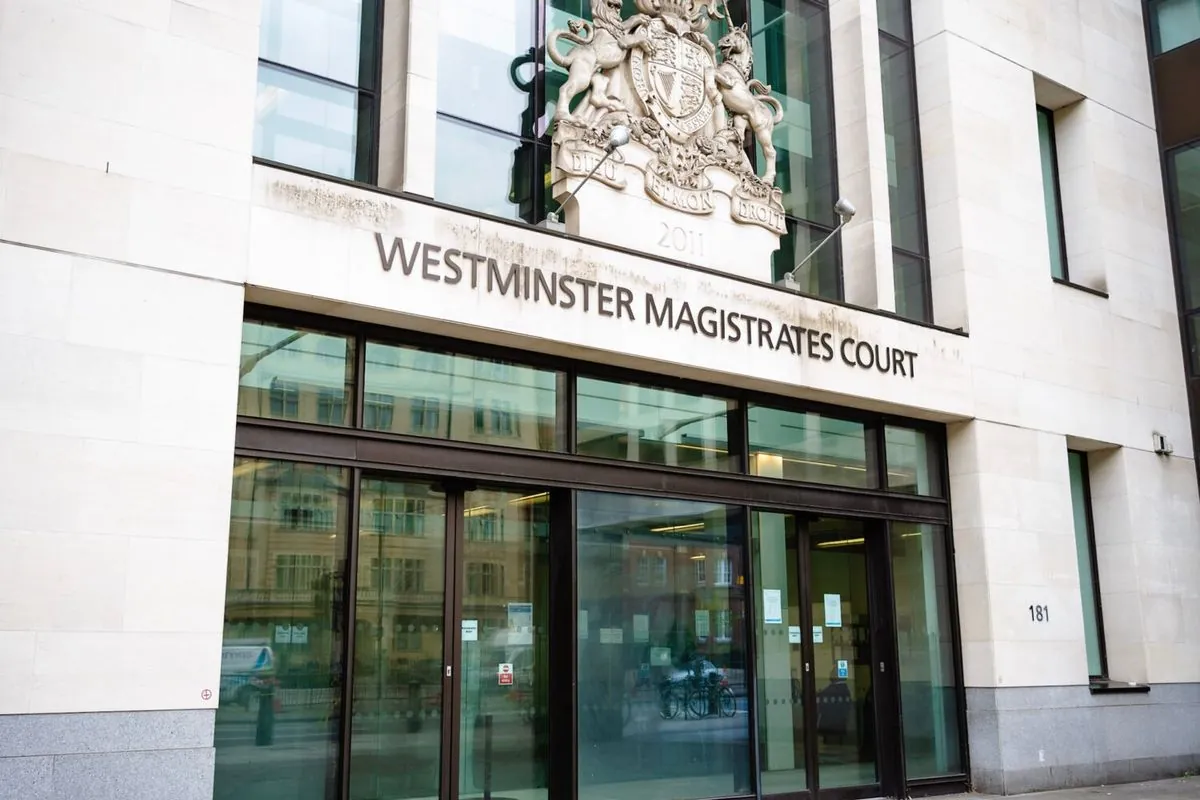
Three shocking court cases expose UK's deportation system flaws
Recent legal decisions block removal of three foreign nationals despite serious concerns. Cases highlight how current laws make it hard to deport people who entered UK illegally or committed crimes
Society, Politics • October 31 2024 , 08:01 PM • 612 views
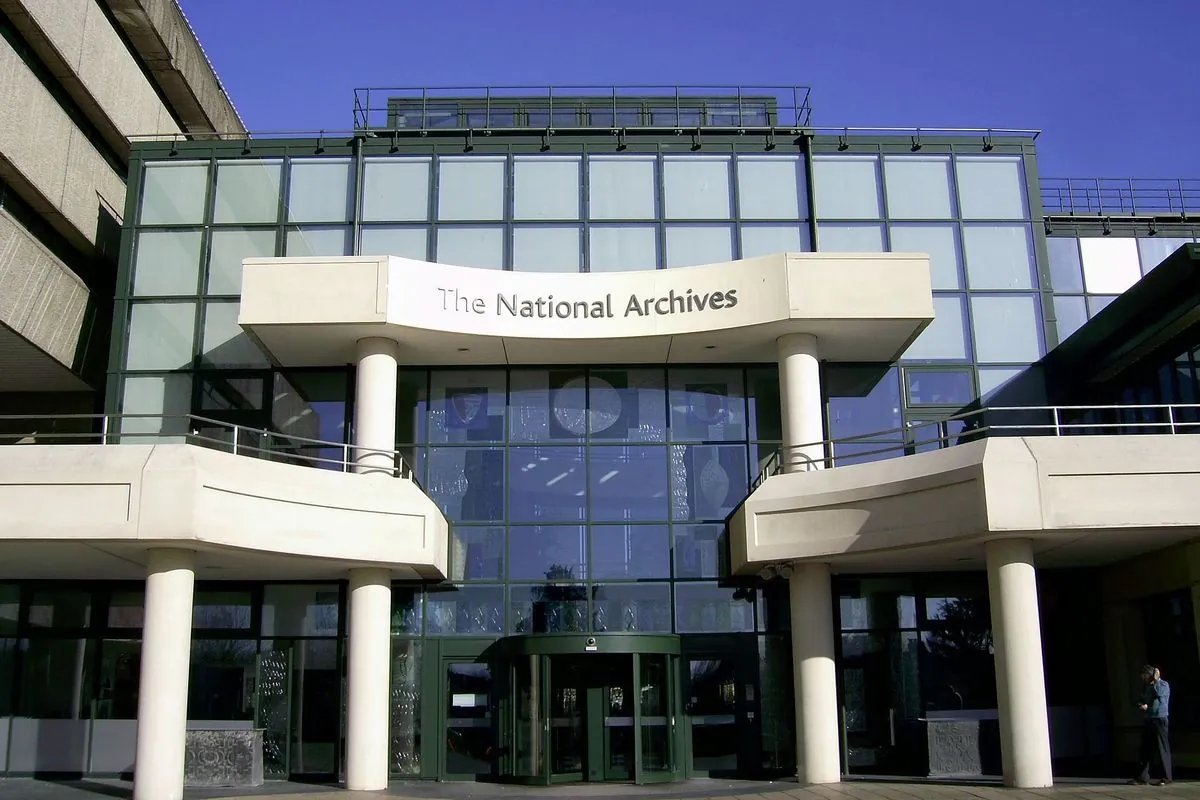
Hidden DNA test lets criminal dodge UK deportation - here's what happened
A foreign national got permission to stay in UK after DNA test showed his unknown child. The decision came despite his previous jail time for deadly drunk-driving crash
Society, Politics • October 29 2024 , 06:02 PM • 409 views


